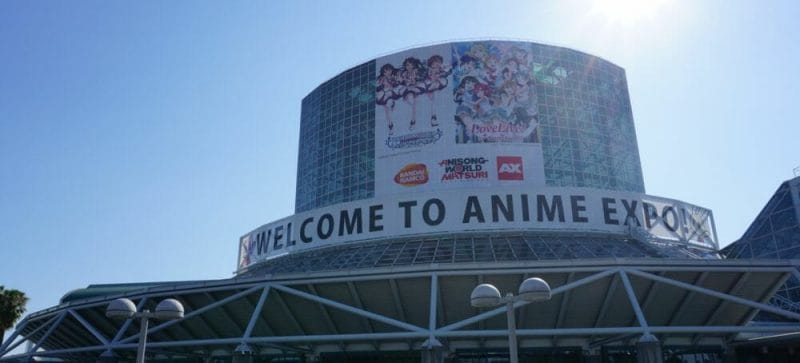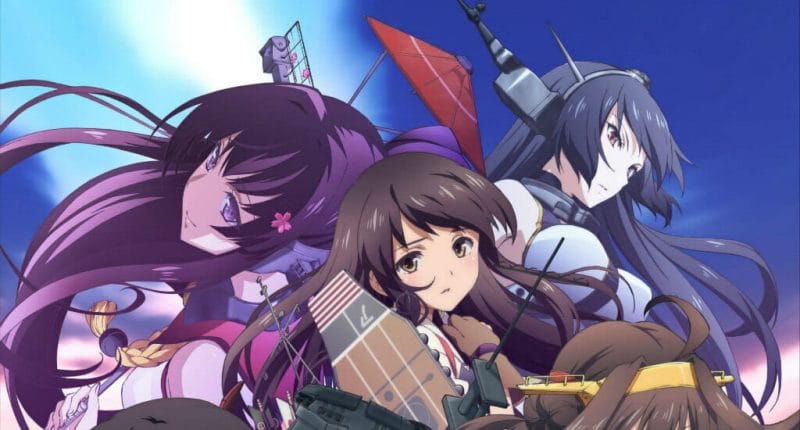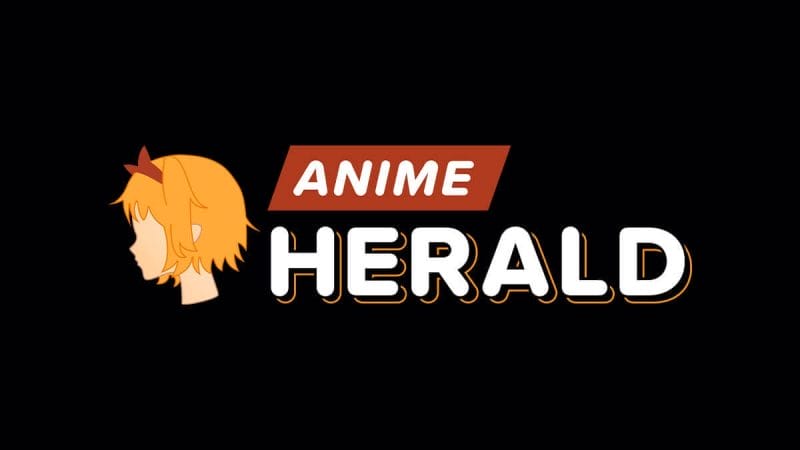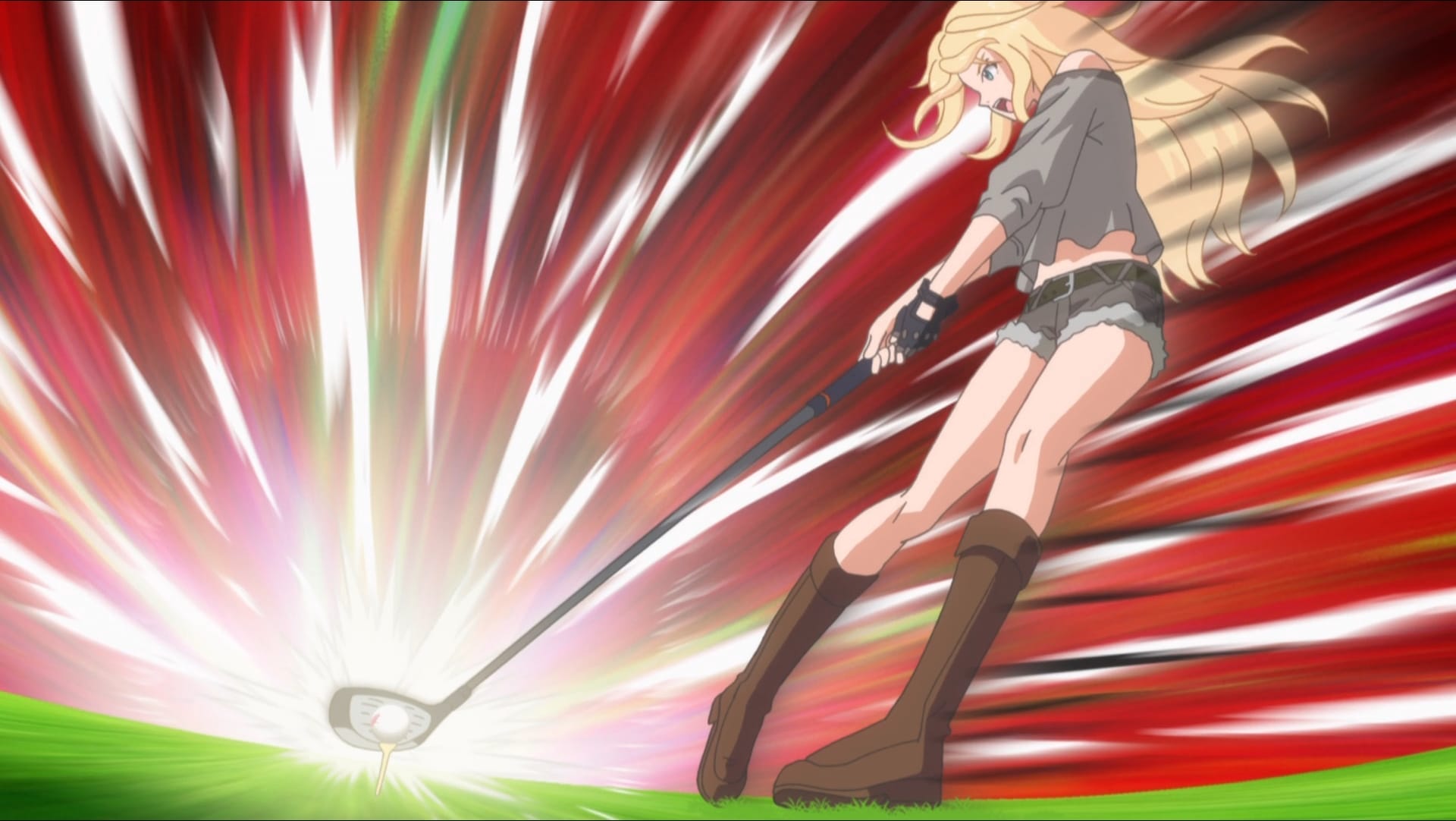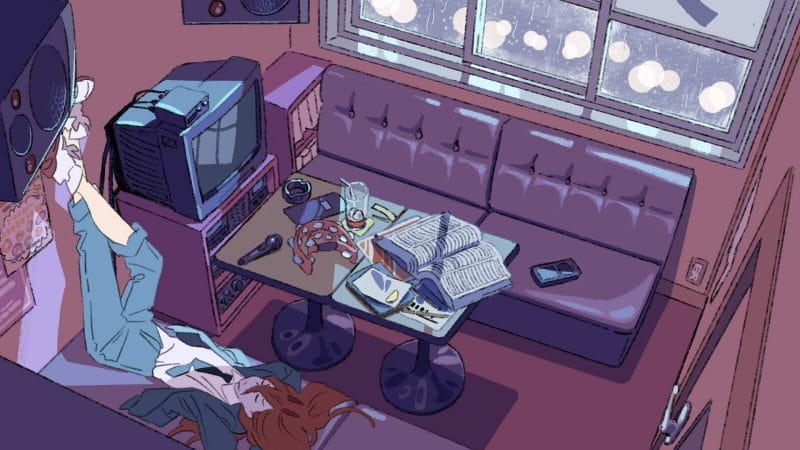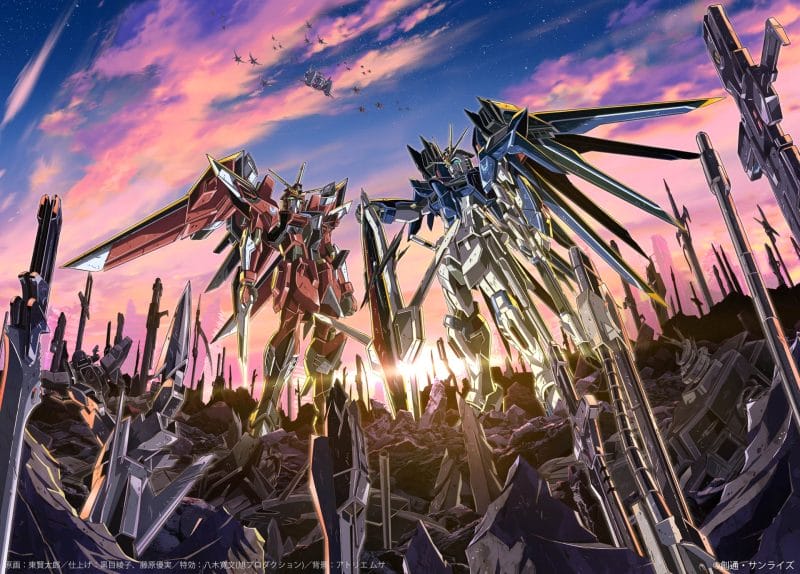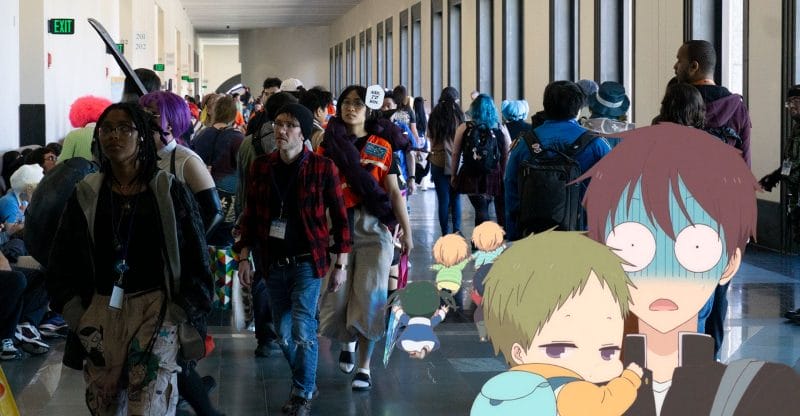Since everybody seems to write these – from manga creators, to fans, to journalists, to that strange guy down the street, I guess I should give my two cents on the “fansub”/”scanlation” debate, in a less rant-ish, more sedate form than last time.
Long story made short, I oppose piracy in all of its forms. It harms legitimate sales of goods, and deprives hard-working people of an honest paycheck. Many of the creators of the content we love hate the idea that somebody is stealing their work (and it is stealing. Don’t get into semantics, here. It’s something being taken without paying for it). Just how MUCH it hurts is up for debate, since one download doesn’t necessarily equate to one sale, and all of that jazz. Still, to argue that things are “just fine” is ludicrous in this day and age, as long-standing cornerstones of this industry close up left and right.
Before I go on, I’d like to say that I come from a very, very different time than most fans. When I was first starting off, DVD wasn’t even a pipe dream in some engineer’s mind, and internet speeds were a blistering 28.8K. So, basically, as an anime fan, you watched tapes, you found friends that owned tapes, or you prayed to your chosen deity that one of the big cartoon-showing networks would pick up a show or two. Tapes were a bit of a valuable commodity, as prices ranged from $20 to $40 for two to four episodes. As one can expect, owning a full series made you king shit among your friends. In these times, fansubs were different. Much like the legit tapes, fansubs were put out by fans who were lucky enough to get those unlicensed marvels on VHS. They were cheap copies – the video quality was poor, the sound was often warped mono, translations were often sketchy, and it was often just a cheap stopgap for the real McCoy. After all, nobody expected an 8th-gen copy to hold up to a professionally-made tape.
This is going somewhere – I promise. With the old school of fansubs, there was a code of ethics attached, for both the producer and the consumer. Basically, this was as follows:
- Fansubs would stop being produced when the show was licensed
- Fansubs would stop being distributed when the show was licensed
- Fans were to agree that they would support the official release when it hit stores
There were variants, like “I promise to destroy my tapes” or what not, but the three conditions listed above were most common.
Of course, like today, not every fansub buyer would buy the official tapes, but was a far higher conversion rate back in the day. I won’t give the whole “WE WERE PART OF THE INDUSTRY” spiel, since you’re probably rolling your eyes already. Still, we respected the creators, we respected the work and many of us wanted other people to enjoy and understand these creators’ works, and why we respect them so. I know a lot of people never would have dreamed of anime creators, or actors, or J-Rock groups being able to come to the west. Still, we were also consumers, and we wanted access to more anime.
In those days, anime companies turned more of a blind eye toward the practice, since it was valuable market research, and those of us who actually did go to the trouble of hunting down a trustworthy distro for our fix was relatively minor. Besides – we still bought their tapes, on top of the fansubs.
I do have to wonder, though, if the fact that these tapes were an inferior product that cost actual money led to a lot of the conversions to purchases. After all, we attached value to the product – even at that point, we were admitting that anime was worth our hard-earned cash.
I still remember my freshman year of high school, when one of my friends came into computer lab with a CD. He popped it in and loaded up a .RM file for all of the geeks to admire. It was Utena. It was blocky, tinny, and the size of a postage stamp, but it was Utena. Most of us “oohed” and “ahhed” at it, but didn’t give it a second thought. We were kids! Besides, most of us kept buying tapes and, since they were starting to hit, DVDs anyway, as the anime market was starting to release more than five titles a month.
About mid-way through my senior year of high school, 2002 for those curious, I recall seeing the first glimpses of the quagmire we’re in today. A former member of my circle of friends just stopped buying anime. His explanation for it: “Why bother? Everything that comes here is old, and DVDs are too expensive!” Sound familiar? Thought so. This was eight years ago, mind you. Coincidentally, 2002 was when I found Anime Dream – a site I still call “home” for a lot of things.
Which brings us today. In the years that followed, I’ve seen a fanbase that’s grown more and more self-entitled, and more childish in their demands, even as the industry in the west and Japan alike struggle to stay afloat. I’ve seen fans grow more fussy about releases, and far more demanding about how shows “should” be. I’ve seen fans threaten to boycott a show if it gets a dub, regardless of how logistically feasible it may be (saw this just a week ago on a show that probably didn’t even break even, actually!). And, quite frankly, I’ve seen people crucify those they claim to love.
Last month, Black Butler creator Yana Toboso wrote a blog post about her “fans”, many of whom were mailing with messages like “I found and watched all of [your show] on an overseas video site!” or “I read [your series] from ROMs I borrowed from a friend. LOL”. Her response was reasonably angry and disgusted, and included comments such as “It is the same as shoplifting or leaving a restaurant without paying the bill”, and “we creators and voice actors will not eat; this is no joke, we will starve and die. This is not ‘lol.'” Being good fans, what did we all do? Understand her position as a creator, and how piracy cuts into her wages? Nope. Fans turned against her. In the message boards and comments sections, vitriol flowed like spice. The voices were louder a few months before that, when Bang-Zoom president Eric Sherman wrote an editorial in which he bluntly said the practices of the fans were having effects on the larger industry.
Even now, it’s just getting worse as fans shun official services like Crunchyroll, or FUNimation video in favor of illegal services. Frankly, I’m more than a bit saddened as I watch something I’ve some to adore get torn about by a crowd that is increasingly unwilling to support the hobby that they claim they love. But, really – bitching about it isn’t going to make people happy, it’s not going to get more people buying.
I just want to say that this industry, the shape it’s in, is in rough shape. A vast majority of those who brought us into this hobby are gone now. Central Park Media, ADV Films, Synch Point, Broccoli USA, CMX, Kadokawa USA… they’re not coming back. No, Section23 isn’t “neo-ADV” as everyone says – a lot of good people lost their jobs there, and they’ll never be coming back to anime.
I’d just like to close this off with a few anecdotes, insights, and experiences from around the industry that I’ve had the pleasure of hearing, and I feel should be seen by more people:
From Erica Friedman (Yuricon chair): …the anime and manga companies and all the people who work at them are working very hard to bring over anime and manga for you to enjoy.
Please do not download or stream anime and manga illegally. You are stealing from so many people — from the original Japanese artists, right down to someone just like you who got their dream job at an anime company. Buy, rent, borrow — but please don’t steal.
From Greg Ayres (voice actor): I never mentioned who it was, but I met a creator and they were curious how I knew so much about their work, and I said “well, I have a friend that has read all of your manga online”. And that started a very interesting conversation, one which she didn’t look very happy to have. And it was very uncomfortable and weird, because she didn’t want to appear to be ugly with me, but she wanted me to know it was not okay for her to read that online, and it’s the first time as an anime fan that I even had to stop and think about it.
And so, from that point on, any time I met a creator, or a manga-ka, or script supervisor, or an animation director or character designer, I asked them how they felt about it. And, almost unanimously, without some concerted effort, they all felt the same way: that this was their hard work and that no one had a right to it for free.
And, as I started to approach anime fans to try to convince them, I found that they were indignant and disrespectful, and, from the generation of fans that I come from, the last thing any of us would ever do is be disrespectful to someone that created anime. And I understand that now we deal with a different breed of anime fans that, they are just in it for their own entertainment value, some of them. And so, it’s very much a point of making them aware that, hey, you’re hurting someone you claim to be a big fan of. I hope that one day, ’cause I believe this is a very tiny planet, I know I will meet this person again. And when I see them, I will say “You know what? I made sure to tell every single person I could your side of the story.”
And, I, it’s something I never thought I would be the person to do. (laughs) I never wanted to teach people to be good. Obviously, I’m a little bit of a troublemaker. But it’s a worthwhile fight, and I’m a fan of Apple Computers and Apple Computers almost died. And now, they’re everywhere! So I think anime fans are passionate and caring, and then, I think if enough people were aware of the issues, and enough people got behind it, we don’t have to worry about it.
But it did take somebody to, I remember when I first started doing this. Even the companies I worked for wouldn’t back me up on this, because nobody wants to say anything that’s an unpopular opinion for fans. You know, like ADV doesn’t want to say “hey, stop downloading,” ’cause they’re like “Ugggh, ADV is mean!” But I don’t mind being the bad guy. Very little of what happens on the internet affects me in real life. I have a group of fans that I love, I have a family that I’m close to, and I like the work that I do so I don’t care if people don’t like me. I just want them to do the right thing, and be respectful of people like Shinichi Watanabe and Daisuke Murayama, and god forbid, Kazuya Minekura and people like that, and people like Nobuo Uematsu. It’s the same thing applies to people downloading his music illegally.
I want people to have the same level of respect that older fans do, because it is an honor for us to get to meet people like that, and see people to hear their work. So, I don’t know how I ended up being that guy, but you just heard that journey!
From [name redacted] (anime director, producer, actor): If every attendee at an anime convention were to buy just one DVD at that convention, it would, like, totally turn things around – especially for a lot of the smaller struggling countries, like the dearly departed Central Park Media.
From AnimeOnDVD founder Chris Beveridge: Anime is not a right. It is a privilege, a consumer product, art, work for hire, a luxury, a hobby, entertainment.
…So, I didn’t rant, but I surely rambled. As always, I welcome constructive feedback!




